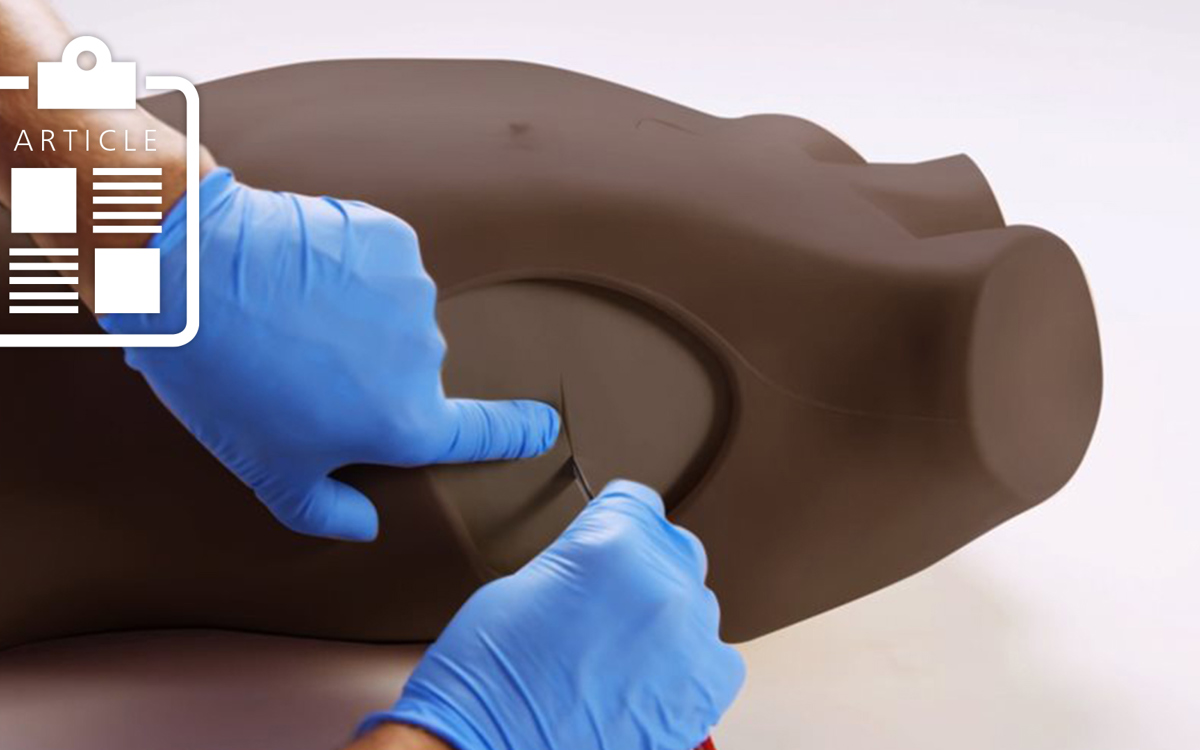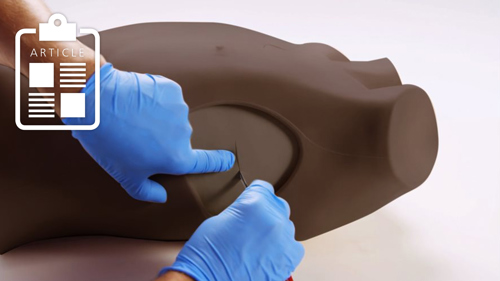Limbs & Things Products approved for ATLS skills stations
Traumatic injury is a major global public health issue, accounting for more than 5 million deaths per year.

Traffic crashes, the 3rd largest contributor to the global burden of disease, kill over 3200 people every day.1 Other sources of trauma include violence, affecting over 1.5 million people each year, and unintentional injuries including drowning, burns, falls, and poisonings. Injuries can happen to people of all ages, including children. Each day, according to the World Health Organization (WHO), “more than 2000 children die from an injury which could have been prevented.”2
While there is an increased focus on how to prevent injuries around the world, providing critical care in the first minutes after an injury is vital for improving overall outcomes for patients. The WHO states “strengthening the emergency care systems that serve as the first point of contact for so much of the world is essential to ensuring timely and equitable access to care for the injured. Effective injury care requires continuity of care across a range of platforms including first aid, prehospital care, facility-based emergency unit care, and early critical care and operative care as needed.”2 Effective teamwork, communication, and situational awareness are mandatory elements of providing safe, quality care to trauma patients. But these skills have to be learned and deliberately practiced to make them successful. Analyzing more than 10 years of evidence related to effective teamwork, research has proven that “principle-based training and simulation-based training seem to provide the greatest opportunity for reaching the improvement goals in team functioning.3

Advanced Trauma Life Support (ATLS) is an international course designed to teach healthcare providers a common language and set of guidelines for delivering early emergency care to patients who have been injured. The course, started in 1980, was developed by the American College of Surgeons (ACS) and has grown exponentially to be recognized globally as the gold standard for trauma care, training more than 1 million doctors in 80 countries.4
ATLS continues to evolve using research, practice, and pooled experiences to bring evidence-based knowledge and current best practice to trauma care. The new hybrid format of the course offers online modules that are completed prior to the face-to-face gathering. The revised skills stations focus on an unfolding scenario, allowing the learner to critically think about the proper steps of resuscitation, using the mobile app as a cognitive aid for improved patient outcomes. Additionally, ATLS includes teamwork considerations in every unit of the course, allowing all members of the team to understand their role in providing safe care of trauma patients.
Limbs & Things offers products that have been approved for use in the 10th Edition ATLS course. The Chest Drain & Needle Decompression Trainer provides more hands-on learning through the ability to add additional stations at a lower overall cost. The AirSim Advance X, TruCric, and AirSim Baby X products offer realistic bag/mask ventilation, intubation, and cricothyrotomy experiences.
References:
1: The American Association for the Surgery of Trauma
2: WHO
3: Interventions to improve team effectiveness within healthcare: a systematic review of the past decade
4: ACS: Advanced Trauma Life Support
Did you like this article?
Share it on social media today and remember to tag us!

